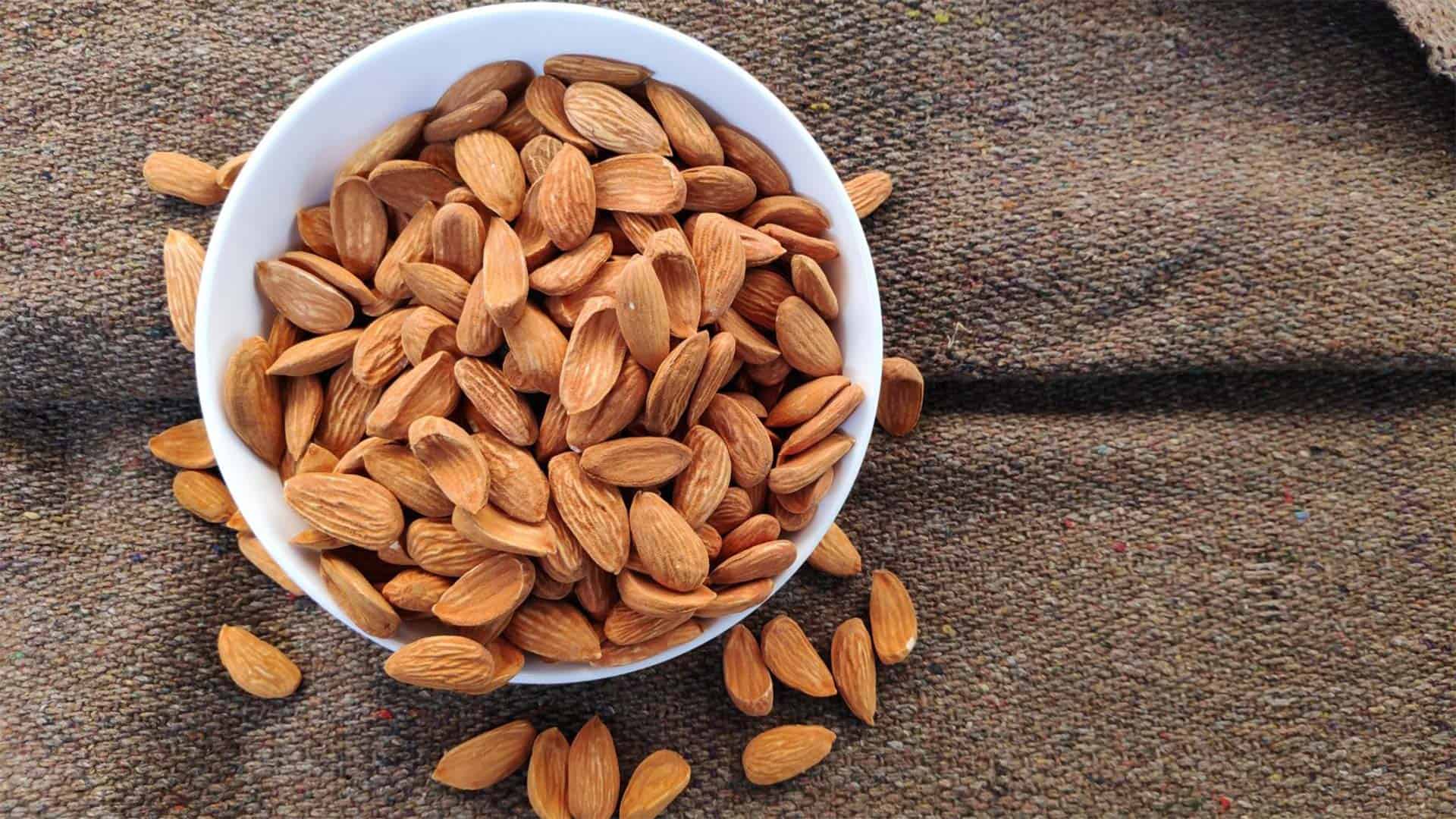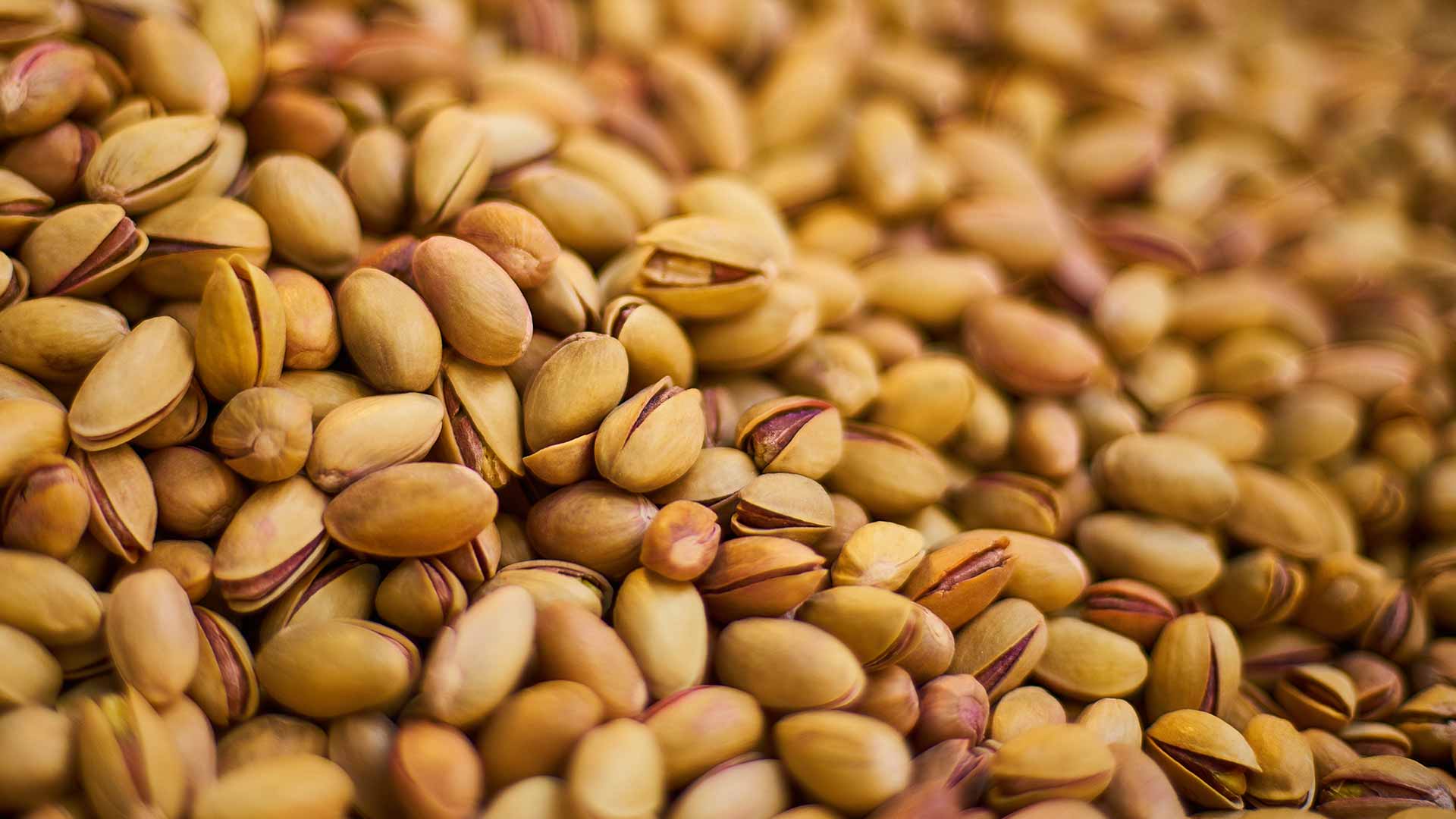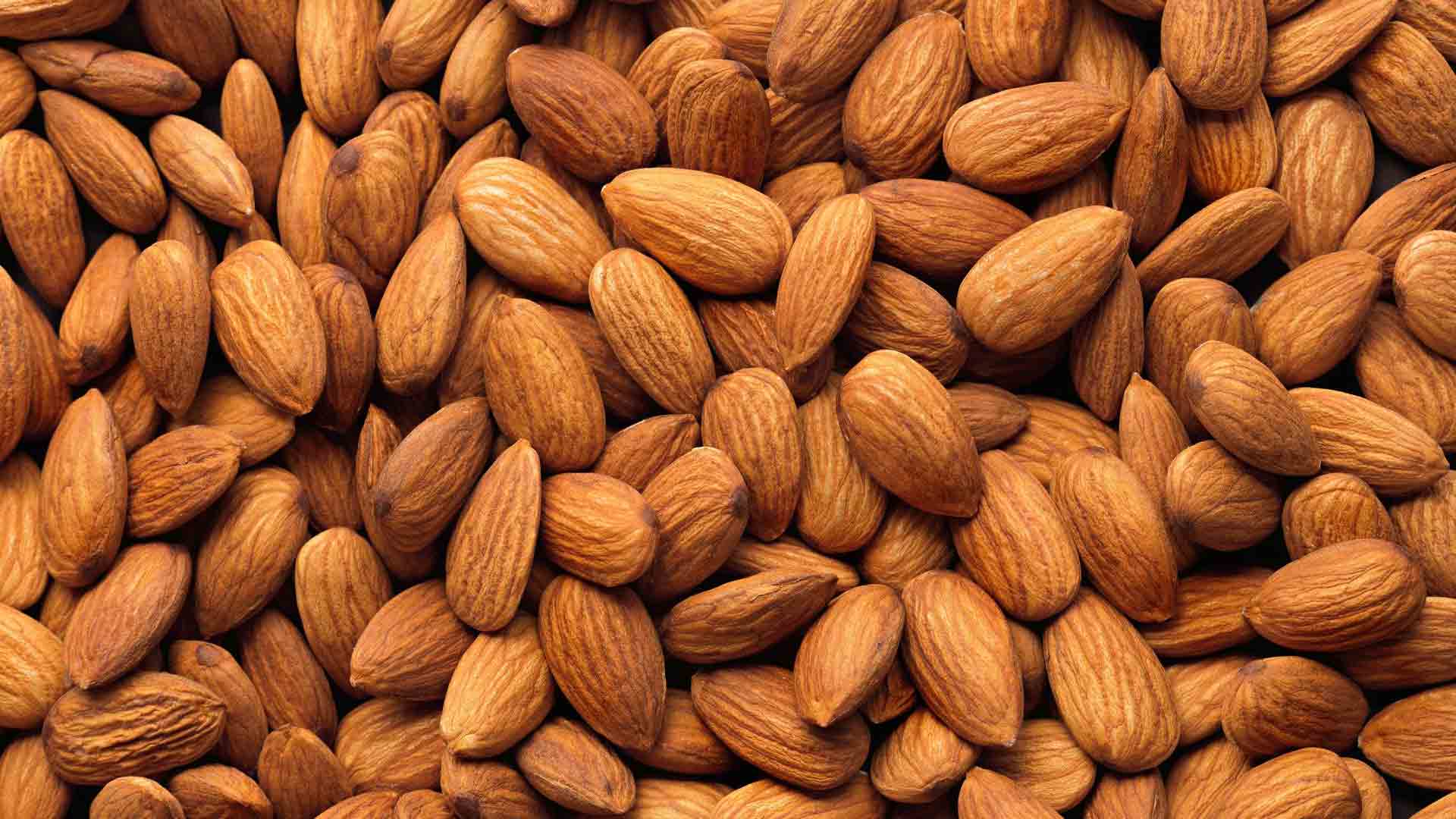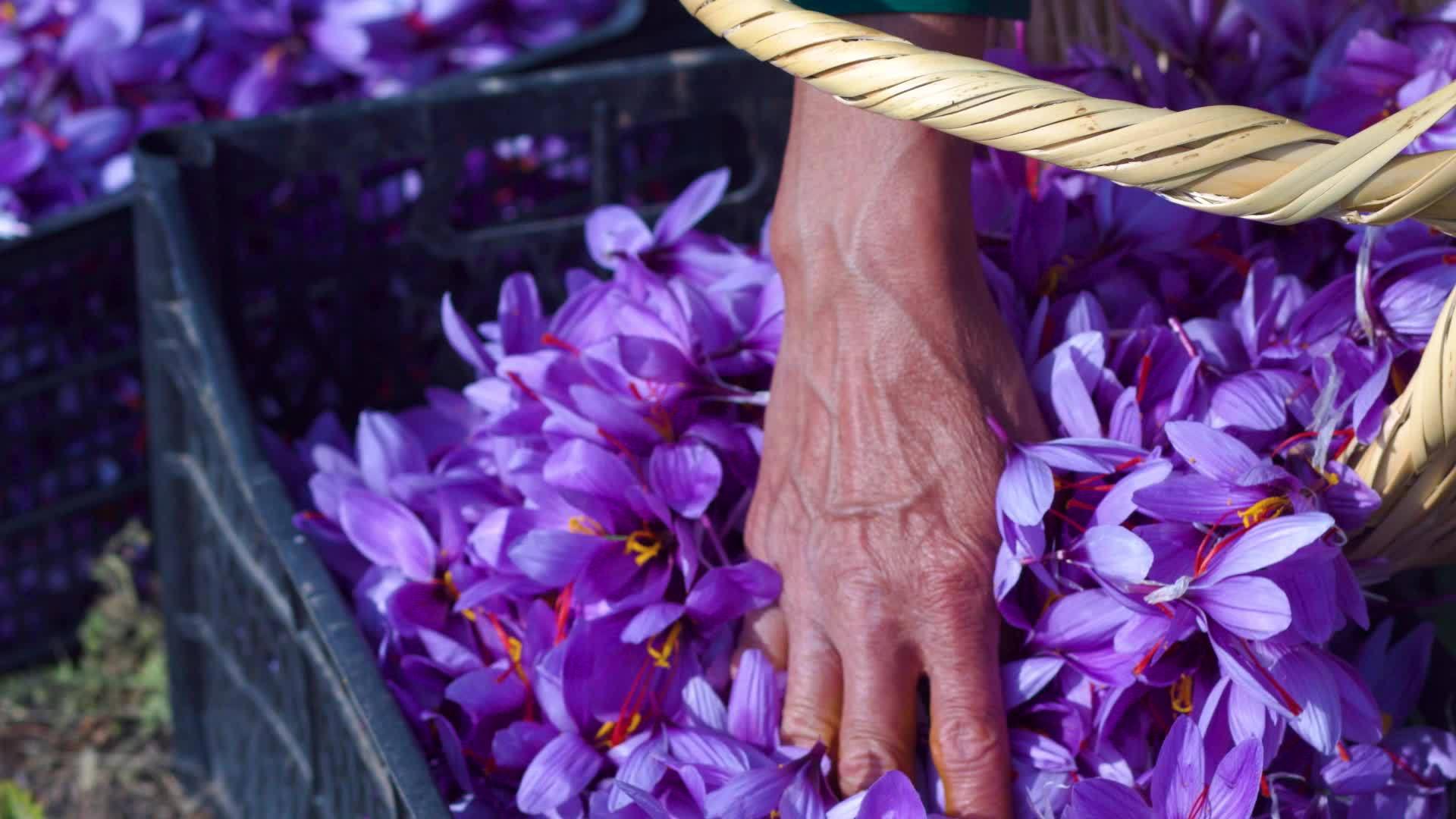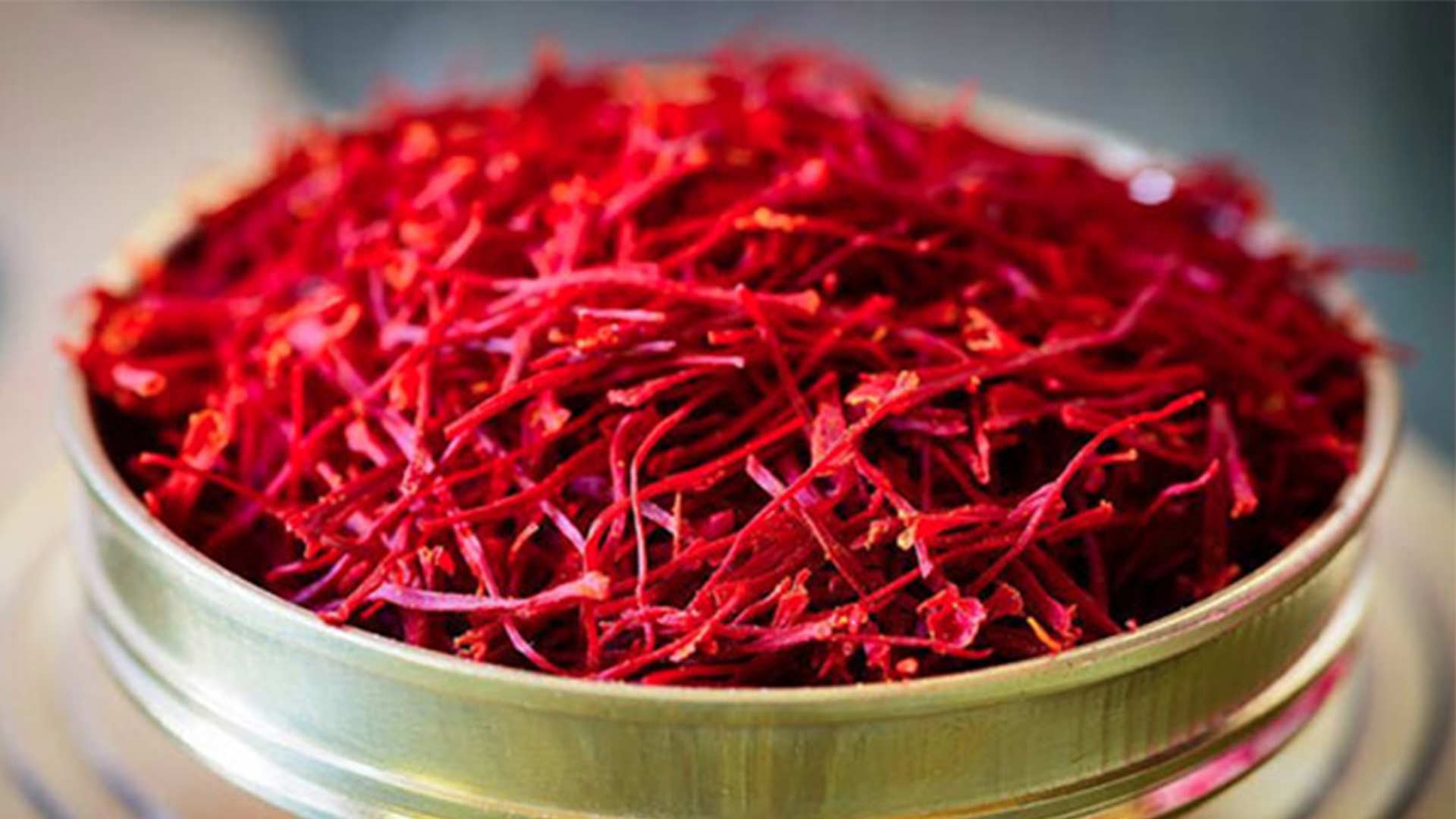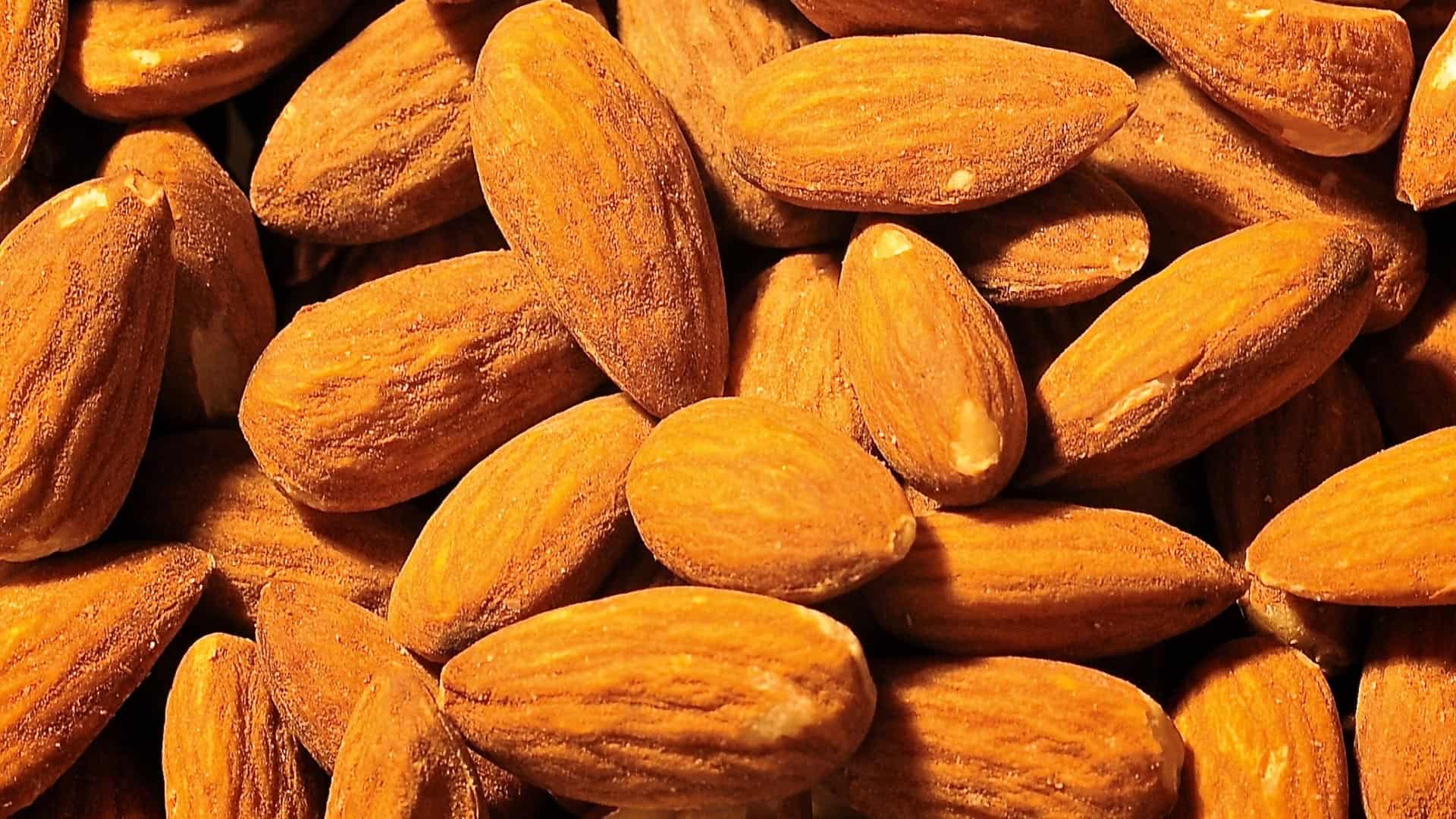What Is Iranian Sangi Almond?
Iranian Sangi almond is known as "Persian almond" or "Iranian almond" and is one of the most important almonds in the world. It has a distinctive flavor and quality, which attracts many customers. In the following article, we will give you more information about this amazing almond.
Iranian Sangi almond is known as "Persian Sangi almond" or "Iranian Sangi almond" and is one of the most important almonds in the world. It has a distinctive flavor and quality, which attracts many customers. Iranian Sangi almonds are grown in almond-producing countries including Iran, Afghanistan, China, Korea and the United States but among all other countries Iran claims to be a major producer. Iranian Sangi almond exports are largely to the Middle East and Europe due to its high nutritional value.
What Is Sangi Almond?
Sangi almonds are a type of almond that originated in Iran in the provinces of East and West Azerbaijan, Khorasan, Fars, Semnan, Isfahan, Yazd, Chaharmahal and Bakhtiari, Kerman, Tehran, Zanjan and Markazi. These nuts have been in production since the 11th century and are harvested from December to March. The Sangi almond has a light brown shell, which is very thick and hard to crack. The nut inside is creamy white and soft. The unique flavor and quality of Iranian Sangi almond attracts many customers from all over the world.
Characteristics of Sangi Almond
Persian Sangi Almond is the best quality almond. The shell of this almond is hard and unlike other almonds, it does not break by hand. It is necessary to mention that Sangi kernels also have 1-2% bitterness, which is negligible against its numerous properties. Bitter almonds are useful for treating coughs, itching, pain, spasms and cramps. However, since they contain cyanide, you should be careful in consuming them.
Iranian Sangi almonds have a distinctive flavor and quality. The unique taste makes them stand out from the rest, which is why many people prefer Iranian Sangi over other types of nuts for their snacks or desserts. These delicious nuts can be used in a wide variety of dishes and desserts, from cakes to ice cream to cookies. They can also be enjoyed on their own as an accompaniment to coffee or tea.
Sangi Almond Health Benefits
Sangi almonds are a great source of vitamins and minerals. They contain a high amount of magnesium, which is important for bone health; vitamin E, which helps prevent cell damage by free radicals; and monounsaturated fats (the same kind found in olive oil), which reduce cholesterol levels. As well as that Persian Sangi almonds contain 15% iron and 30% calcium.
Vitamin E and magnesium are important for healthy skin. Magnesium is also known for its role in reducing stress levels and promoting restful sleep. Almonds also contain calcium, potassium, zinc and iron: these minerals are essential for good health but may be lacking in many diets. Some health benefits of these nutrients are lowering cholesterol levels, reducing the risk of heart disease and cancer, improving bone strength and preventing age-related macular degeneration.
Almonds are a nutritionally dense food that should be eaten in moderation as part of a healthy diet. They are high in calories and fat but also contain good sources of protein. They can be eaten raw or roasted, and their crunchy texture is satisfyingly different from many other types of nuts.
Sangi Almond Consumption
In many countries, almonds may be traded as butter or paste. In Iran, almond butter is commonly sold as a snack food at local markets. It can be eaten raw or used in recipes like pastries and cookies. Sangi almonds are used to produce other products such as flour, oil and almond milk, which are very rich in terms of healthy properties and nutritional value.
Almonds are a popular snack food because of their high protein content and satisfying crunchiness when consumed raw. However, they also make an excellent ingredient for many recipes: their sweet flavor is complementary to many savory dishes; and the nutty aroma of roasting almonds makes them an ideal base for desserts such as fudge sauce. Sangi almonds contain monounsaturated fats which makes them more suitable for cooking than other types of almond as they are less likely to burn at high temperatures.
Proper consumption of almond kernels usually does not cause a particular problem; However, it is recommended not to use more than 10 almond kernels a day.
Sangi Almond Export and production
Iran is one of the most important countries in the production and export of different types of almonds like Moheb, Shahroudi, Mamra and specially Sangi almonds. Sangi almonds are grown in the regions with sandy soil and hot weather conditions. The tree of this type of almond is resistant to water shortage and is suitable for planting in rainfed gardens.
Iranian Sangi almonds are exported to more than 50 countries worldwide with the majority of exports going to European markets such as France and Germany. Other important export destinations include Canada (accounting for over 30% of total exports), Saudi Arabia and Japan (both account for 20% of total exports).
As noted earlier, Iran is by far the largest producer of Iranian Sangi almonds with between 70% - 80% market share each year since 2014/2015 harvesting season when production began in earnest after a three-year hiatus caused by drought conditions that decimated crops across much of Iran’s agricultural regions during 2009-2011 period.
The United States is one of the largest importers of Sangi almonds from Iran. According to data from the United States Department of Agriculture (USDA), the country imported more than $5 billion worth of Sangi almonds between 2013 and 2017—the highest value among all countries that import this crop during this period.
Iranian Sangi Almond Exports by Country (2013-2017):
• China 309($ million) 37% 2
• Hong Kong 224 ($ million) 27%
• Japan 176 ($ million) 21%
• South Korea 162 ($ million) 20%
• Singapore 78 ($ million) 9%
• United Arab Emirates 55 ($ million) 6%
• Australia 45 ($ million) 5%
• Other countries 137 ($ million) 15%
• Total 812 ($ million) 100%, Source: USDA
Conclusion
Iranian Sangi almonds are an important ingredient in many types of food, especially those with Middle Eastern or European origins. They can be used as an ingredient in cooking or baking and also for their nutritional value. In addition to Iran, other countries such as Afghanistan and China have been producing Iranian Sangi almond for centuries. Sangi almonds are very nutritious and can be used as a snack or in cooking. They have many health benefits, such as being high in protein, iron and calcium. People love to eat Sangi almonds because they add a unique flavor to foods and drinks. Nowadays, it has become more popular around the world due to its delicious flavor that makes it a perfect treat any time of day!
Ramon International is the proud supplier and exporter of premium Iranian almond including Sangi almond. In case you are interested in adding this nutritious nut to your diet please contact us through our website and we will deliver the best Persian Sangi almond to you.
Recent Articles
برای مطالعه مطالب بیشتر کلیک کنیدGet in touch with us
RAMON CO. is one of the leading producers and exporters of Mamra Almond in Iran with a long history in the market. Our family members were firstly prominent farmers of the region where almost %90 of the Mamra gardens exist. Relying on the knowledge and experiences we have gained over the years, we now can offer best quality products to our worldwide customers in the shortest time. Today, we are supplying different range of agricultural products like pistachio & saffron also and we believe that Our main mission is to provide the highest level of services to our customers to get their full satisfaction and be ambassador for providing healthy and nutritious products by supplying premium agricultural goods.Please feel free to contact us anytime for more info.
All Rights Reserved www.ramoninternational.com

